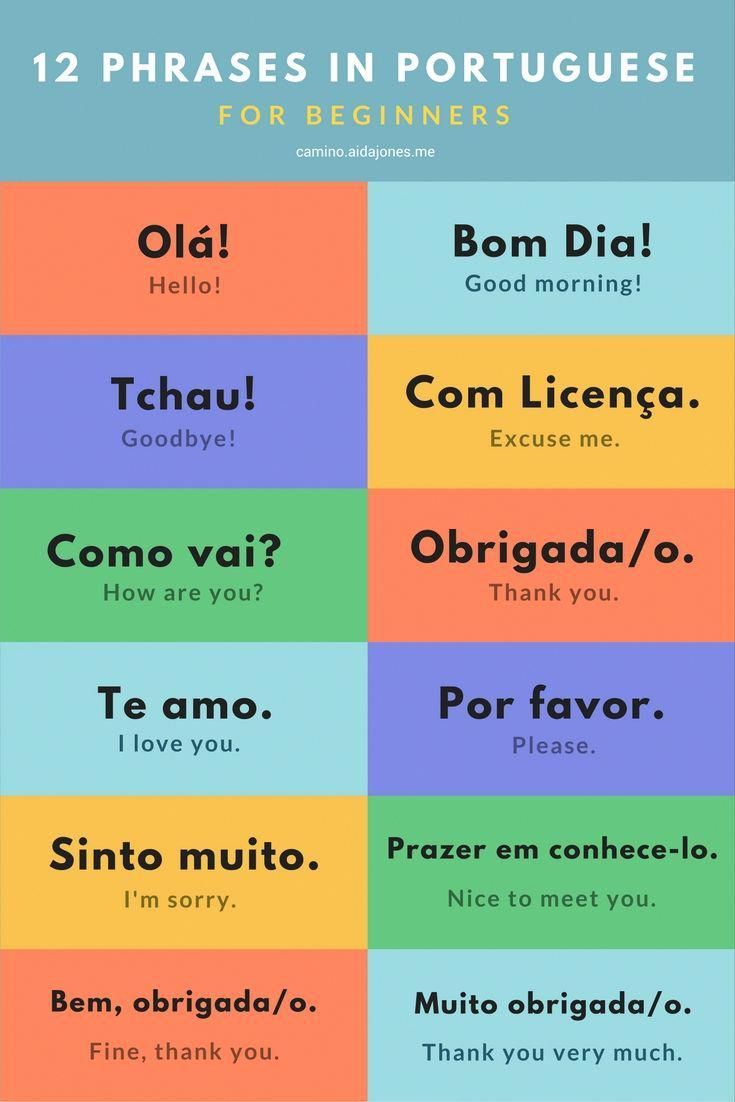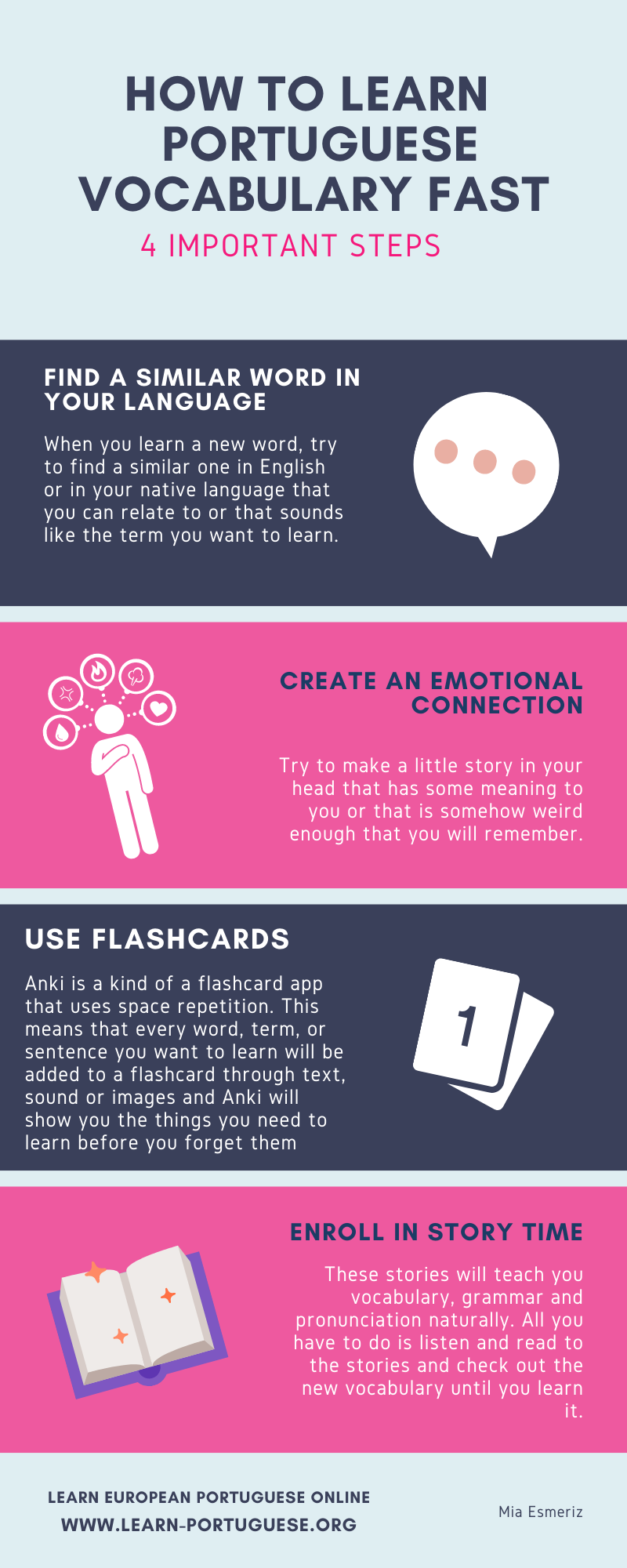“`html
Essential Guide to How to Learn Portuguese Effectively in 2025

In 2025, learning Portuguese has never been more accessible. Whether you aim to speak Brazilian Portuguese or European Portuguese, various tools and methods can help. This guide will explore effective strategies to learn Portuguese, ensuring you achieve fluency through immersive experiences and technology.
Choosing the Right Portuguese Language Course
One of the first steps to learn Portuguese effectively is choosing the appropriate Portuguese language course. There are many available, from online platforms to locallanguage schools. Opt for those that offer a blend of grammar, vocabulary, and speaking exercises. For instance, many online Portuguese classes provide video lessons and interactive quizzes that cater to various learning styles, making it easier to understand complex Portuguese grammar concepts.
Types of Portuguese Language Courses
When selecting a course, consider your needs. If you’re a beginner, look for introductory courses focusing on basic vocabulary and you might also encounter Portuguese phrases. Conversely, advanced learners should seek courses that challenge their knowledge of Portuguese pronunciation and foster conversation skills. Many learners also benefit from courses that include practical exercises, like Portuguese listening exercises or interactive speaking drills with native speakers.
Finding the Right Online Portuguese Classes
Online classes can be incredibly flexible and are a popular choice for many learners. Platforms such as Duolingo, Babbel, and FluentU provide resources tailored for different objectives, whether it’s enhancing Portuguese vocabulary or honing your conversational skills. You can learn at your pace and revisit lessons as needed, which reinforces vocabulary and understanding of Portuguese grammar. Be sure to integrate Portuguese audio materials to hear proper usage.
The Benefits of Immersive Portuguese Learning
Immersive learning experiences can expedite your language acquisition process. Traveling to Portuguese-speaking countries or joining local conversation groups significantly improves your ability to *speak Portuguese*. Alternatively, you can experience immersion through mediums such as movies or music. Engaging with Portuguese culture through cuisine, history, and art will not only launch your vocabulary but deepen your appreciation for the language itself.
Mastering Portuguese Vocabulary and Grammar
Building a strong vocabulary is critical for practicing Portuguese. For instance, when you are learning, daily practice in using flashcards or interaction with apps can substantially improve retention. Furthermore, understanding the structure of the language aids not just in speaking, but also in constructing personal statements or questions fluidly. Regular practice sessions focusing on different aspects of *language exchange Portuguese* will solidify your skills.
Effective Vocabulary Building Techniques
A common struggle when learning any language is expanding your vocabulary. To effectively learn Portuguese vocabulary, use techniques like repetition and context-based learning. Incorporating new words into sentences solidifies memory. Reading in Portuguese can also yield numerous vocabulary-building opportunities as you encounter words in context, helping you remember them better.
Understanding Portuguese Grammar
While engaging with Portuguese grammar, focus on essential aspects such as verb conjugations, gender agreement, and sentence structure. Online resources and grammar focus apps can help break these topics into digestible modules, allowing you to comprehend how tense and agreement impact sentence meaning. Engaging with workbooks specifically designed for learners can reinforce these principles through practical exercises.
Practice Makes Perfect: Enhancing Language Skills
Engagement is key! For many, participating in a language exchange program can enhance their understanding of Portuguese through real-life dialogue experiences. Pairing with a native speaker encourages authentic conversations, boosting fluency. This also helps introduce you to common Portuguese phrases, expressions, and even Portuguese slang, which are often absent from traditional teaching materials.
Utilizing Technology in Learning Portuguese
Technology has transformed language learning, making it more accessible than ever. There are various Portuguese language apps that facilitate self-directed learning. Choosing ones that characterize effective teaching methodologies—not only covering vocabulary but also integrating safety by supporting learners through language assessment—can yield mutually informative experiences.
Recommended Apps for Learning Portuguese
Some of the most effective tools include Memrise, Anki for flashcards, and PortuguesePod101. These apps employ gamification techniques to make learning fun while promoting retention of Portuguese vocabulary. They often include listening exercises, which are critical for improving Portuguese pronunciation, all while catering to personalized learning paths aimed appropriately at all levels.
Feedback Mechanisms and Learner Communities
Engaging with online communities and forums can create additional valor when learning Portuguese. You can share resources like Portuguese podcasts or Portuguese videos, ask questions about challenging lessons, or get feedback on writing and speaking. Many resource-sharing communities focus on peer reviews and suggestions—these insights can help discover new ways to approach difficult concepts or reinforce successful methods.
Innovative Learning Strategies
Combining various methods encourages a more comprehensive approach to learning Portuguese. Experiment with a mix of traditional textbooks and *learning through TV shows in Portuguese*—this will expose you to native accents and littering while enhancing cultural appreciation. Additionally, utilizing political reports or Portuguese news articles can deepen your reading comprehension skills while keeping you informed on current events.
Measuring Your Progress while Learning Portuguese
As with any learning endeavor, tracking progress is vital. Continued practice and assessment can help identify days or topics where you excel or struggle on your path to speaking Portuguese fluently. Engage in periodic assessments to challenge yourself, which will boost motivation and hone your proficiency.
Setting Portuguese Learning Goals
To keep learning dynamic and forward-moving, regularly set new goals. Whether it’s mastering a number of vocabulary words or preparing for conversational fluency in targeted themes, having milestones keeps you accountable. Break larger goals into manageable pieces, such as dedicating 15 minutes a day to review Portuguese phrases you’ve learned and incorporating them into conversations.
Assessing Your Skills
Language proficiency can also be measured through engaging in mock conversations or utilizing quizzes and assessment tools available through apps. Casual conversation settings during your learning journey are integral to assessing conversational **Portuguese** fluency, and they evoke spontaneous and extended eco-simulating interactions akin to bilingual engagement.
Feedback for Continuous Improvement
Take your learning the distance by seeking feedback consistently on your speaking or writing. Obtain input on grammar errors or pronunciation issues from language partners or use online platforms to connect for gatherings with fellow learners and native speakers. This will highlight areas for improvement while providing opportunities to engage actively with the language.
Key Takeaways
- Choosing the right course and immersive experiences are essential for learning Portuguese effectively.
- Mastering vocabulary and grammar is critical, along with proper pronunciation and speaking practices.
- Leverage technology and community resources, including language apps and exchange platforms, for dynamic learning.
- Track your progress through goal setting and obtaining meaningful feedback to enhance your skills continuously.
FAQ
1. What are some effective free resources for learning Portuguese?
There are numerous free resources available, like Duolingo for basic vocabulary, Youtube channels for pronunciation, and online forums for conversation practice. You can also explore free podcasts and language exchange platforms that connect learners with native speakers.
2. Should I focus on Brazilian or European Portuguese?
Your choice should depend on your personal interest and goals. If you plan to live in Portugal or join European shorts, opt for European Portuguese. Conversely, those interested in Brazil’s culture or plans to travel there should focus on Brazilian Portuguese.
3. How important is it to practice speaking with a native speaker?
Practicing with a native speaker is crucial for developing fluency, understanding colloquialisms, and improving pronunciation. It provides contextual learning that significantly enhances your ability to communicate naturally.
4. What role do podcasts play in language acquisition?
Podcasts are fantastic for developing listening skills and comprehension in context. They expose learners to various accents, speaking speeds, and cultural contexts, making them an invaluable resource for anyone serious about learning Portuguese.
5. Can you suggest any engaging ways to immerse in Portuguese culture?
Engage with Portuguese culture through culinary classes, film screenings, and community events at local cultural centers centered on Portuguese influences. Additionally, traveling or participating in language immersion programs can significantly deepen your experience.
6. How can I improve my Portuguese writing skills?
Practice writing regularly through journaling in Portuguese and joining writing forums where feedback can be obtained. Online courses that emphasize reading and writing can also be beneficial.
7. What is the benefit of using apps in the learning process?
Apps offer flexible learning opportunities with bespoke lessons suited for various skill levels. They integrate technology into your learning experience, facilitating practicing aspects like vocabulary retention and pronunciation fluency.

“`
